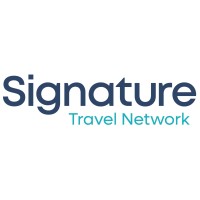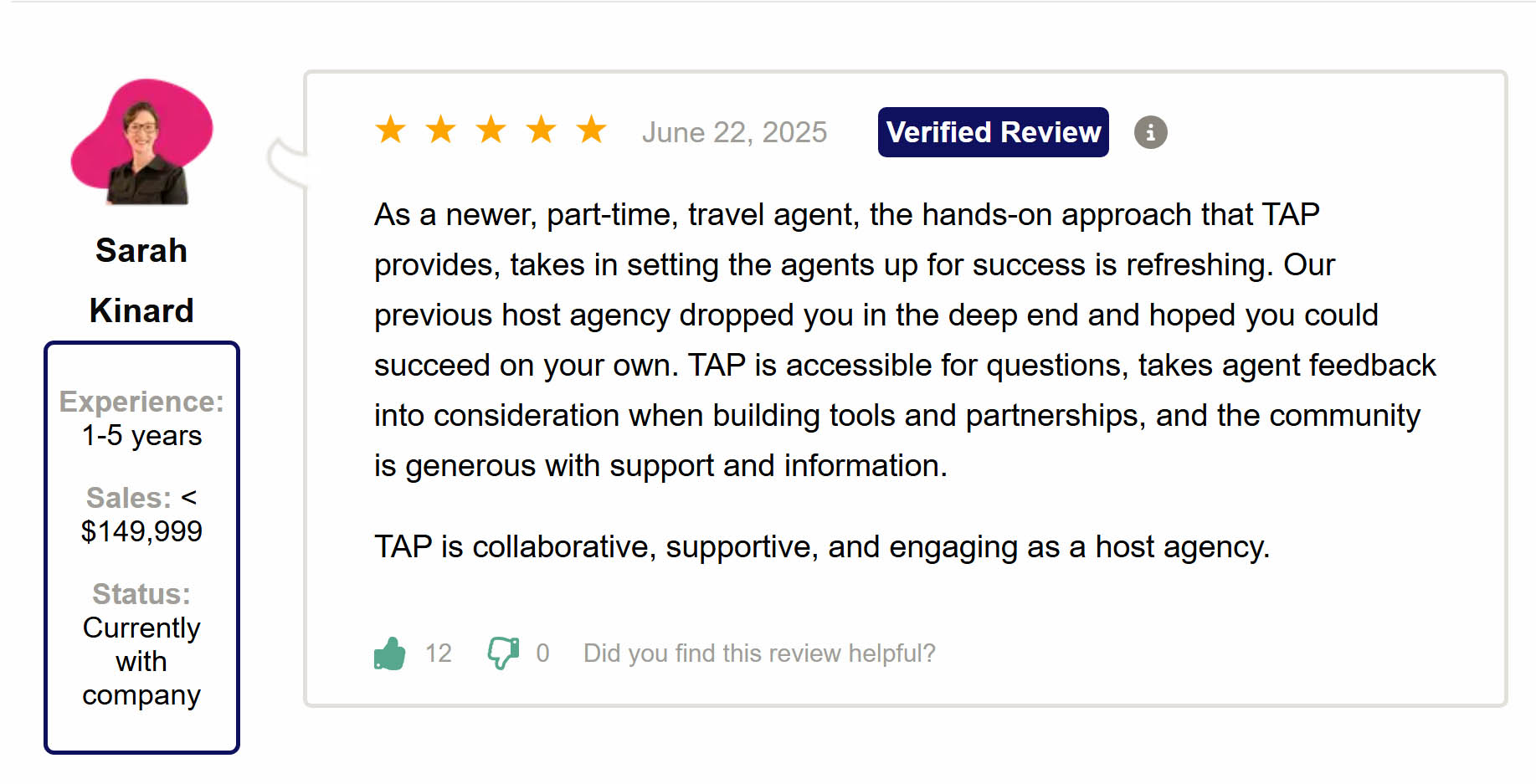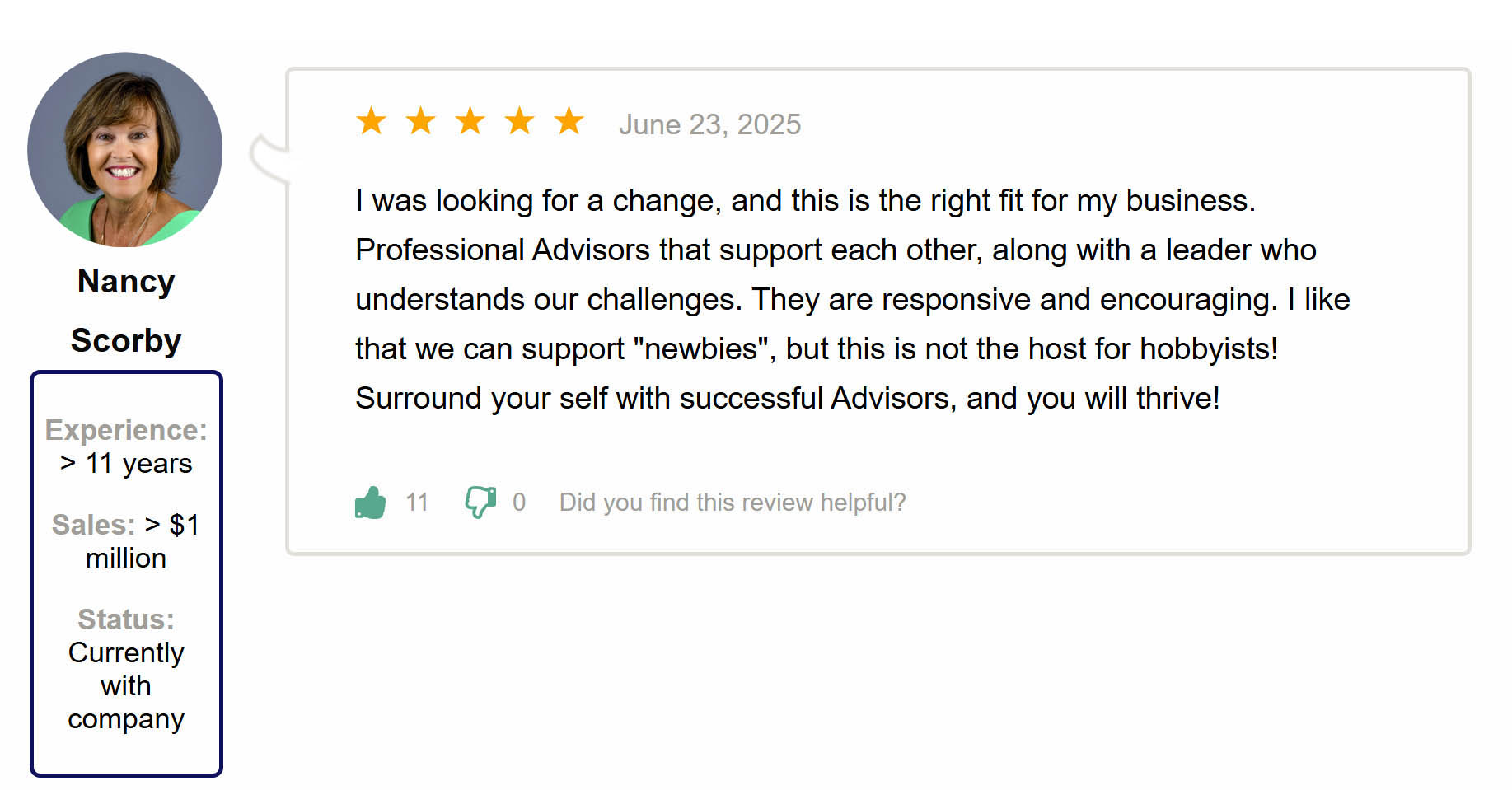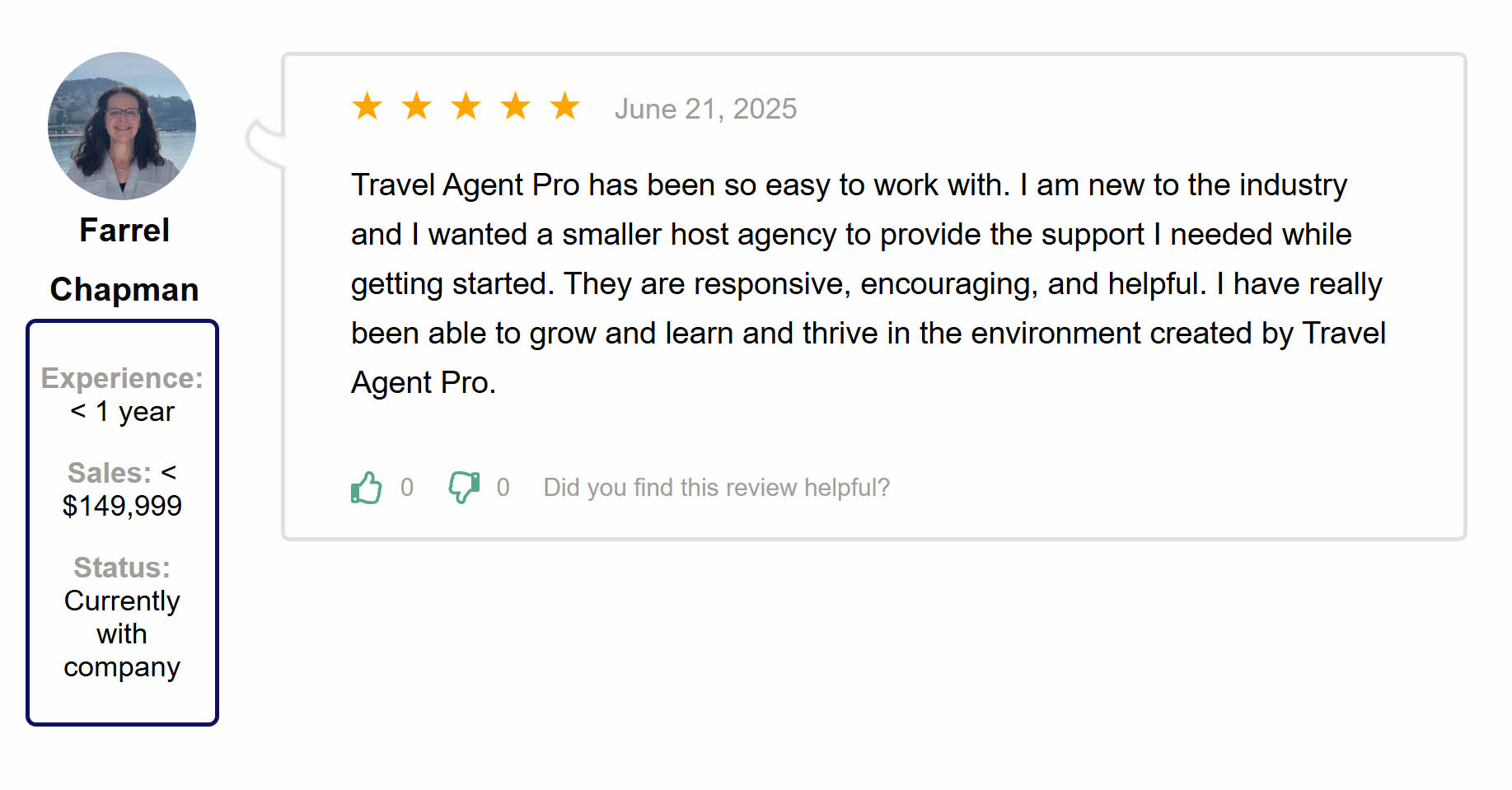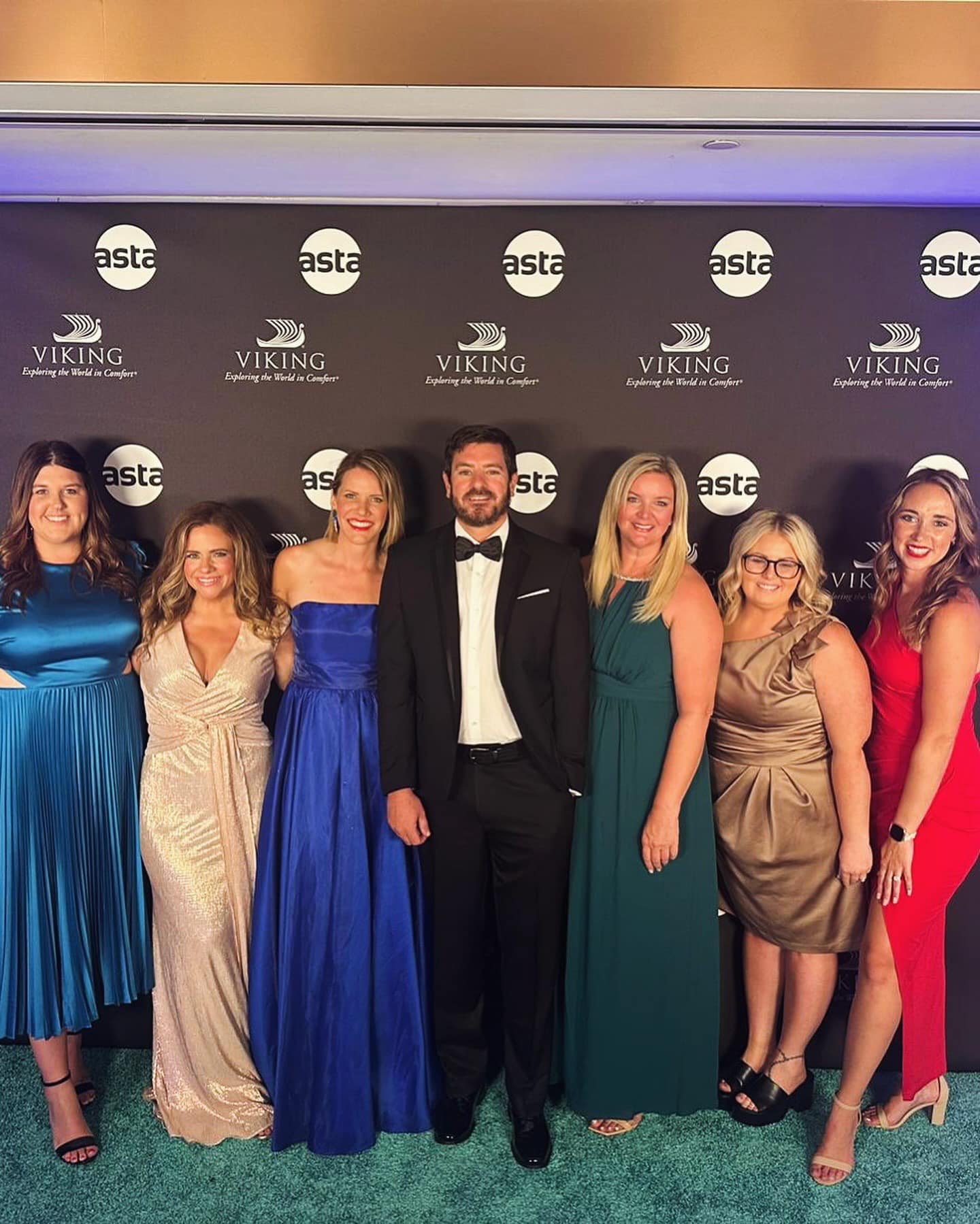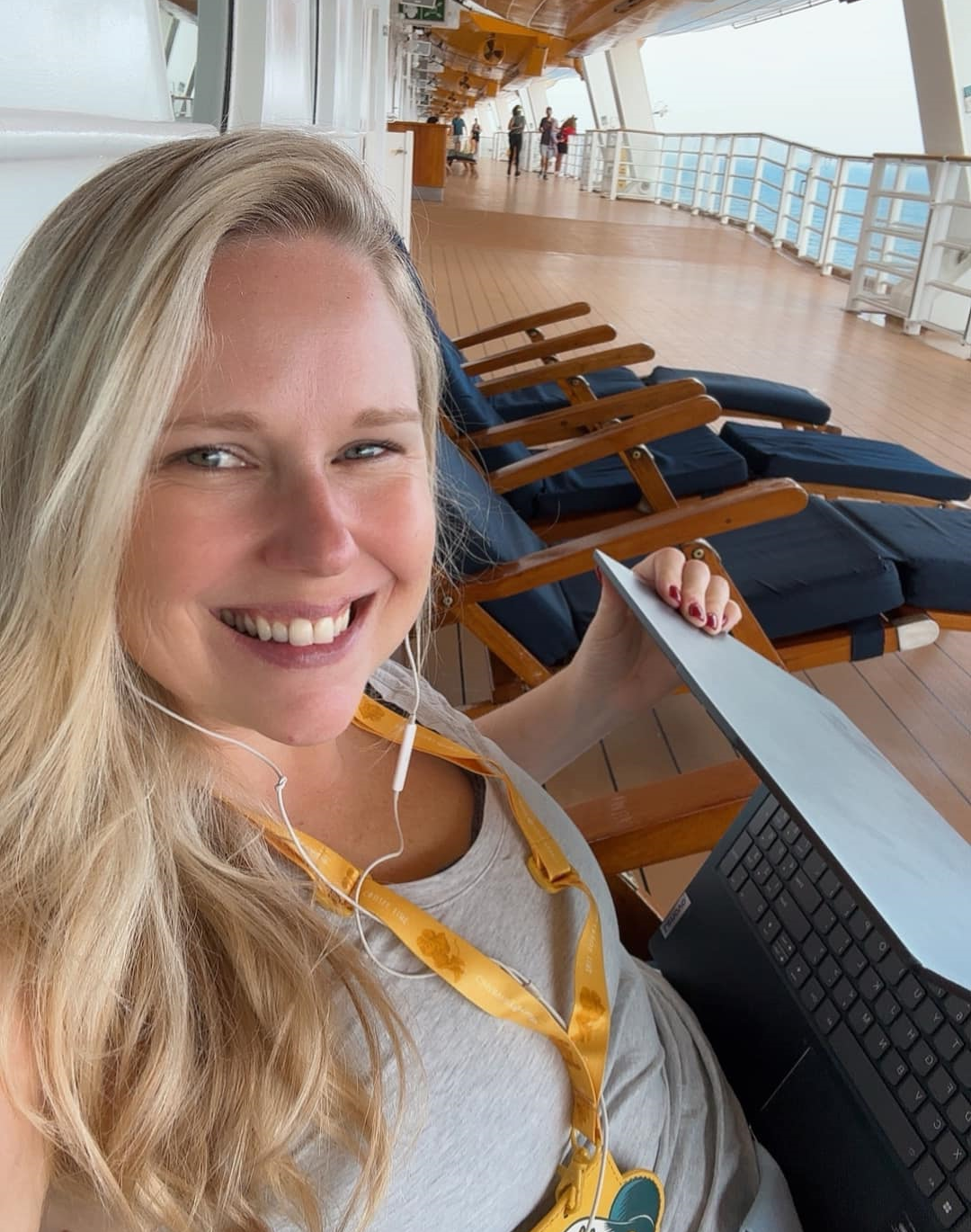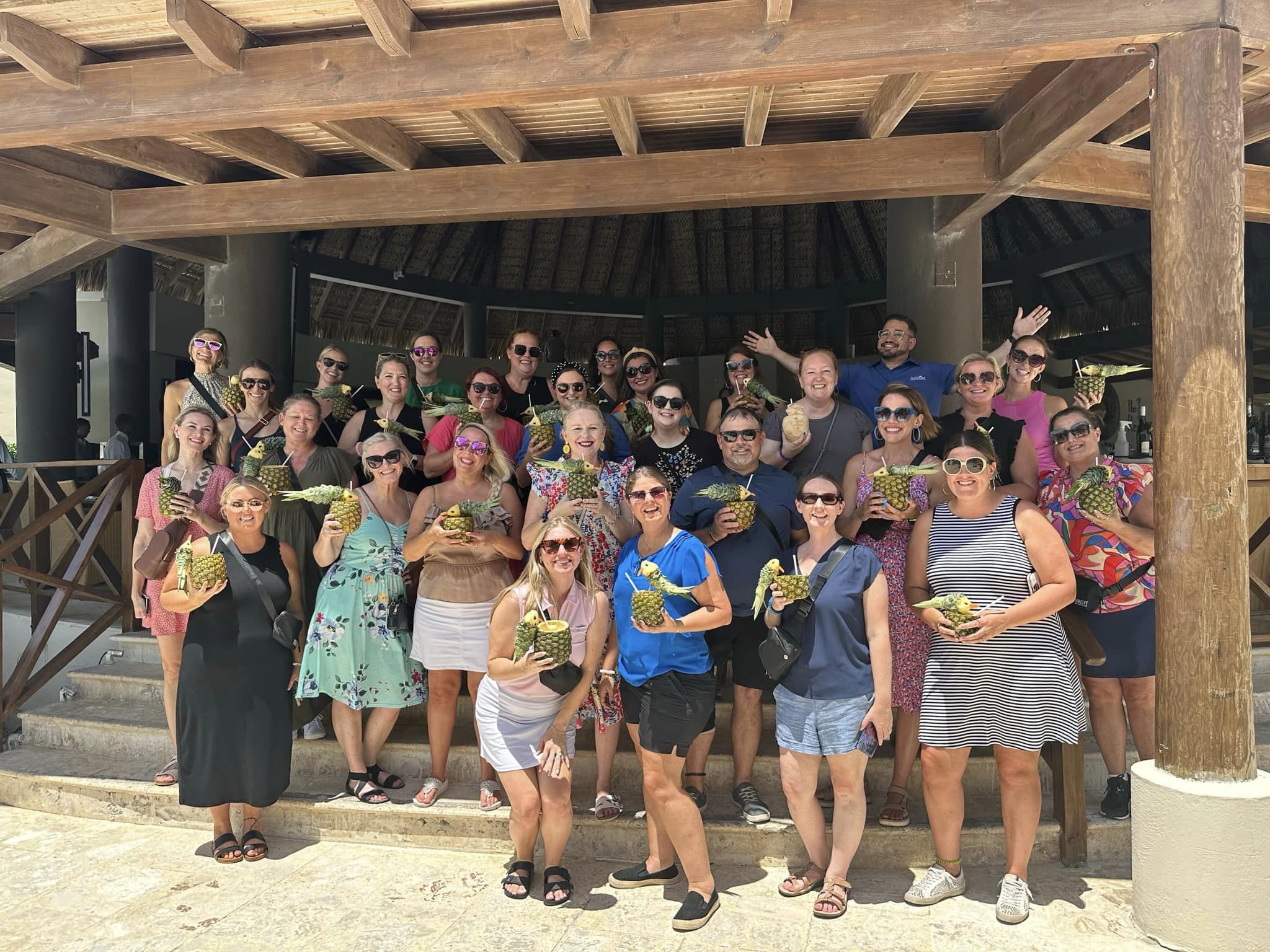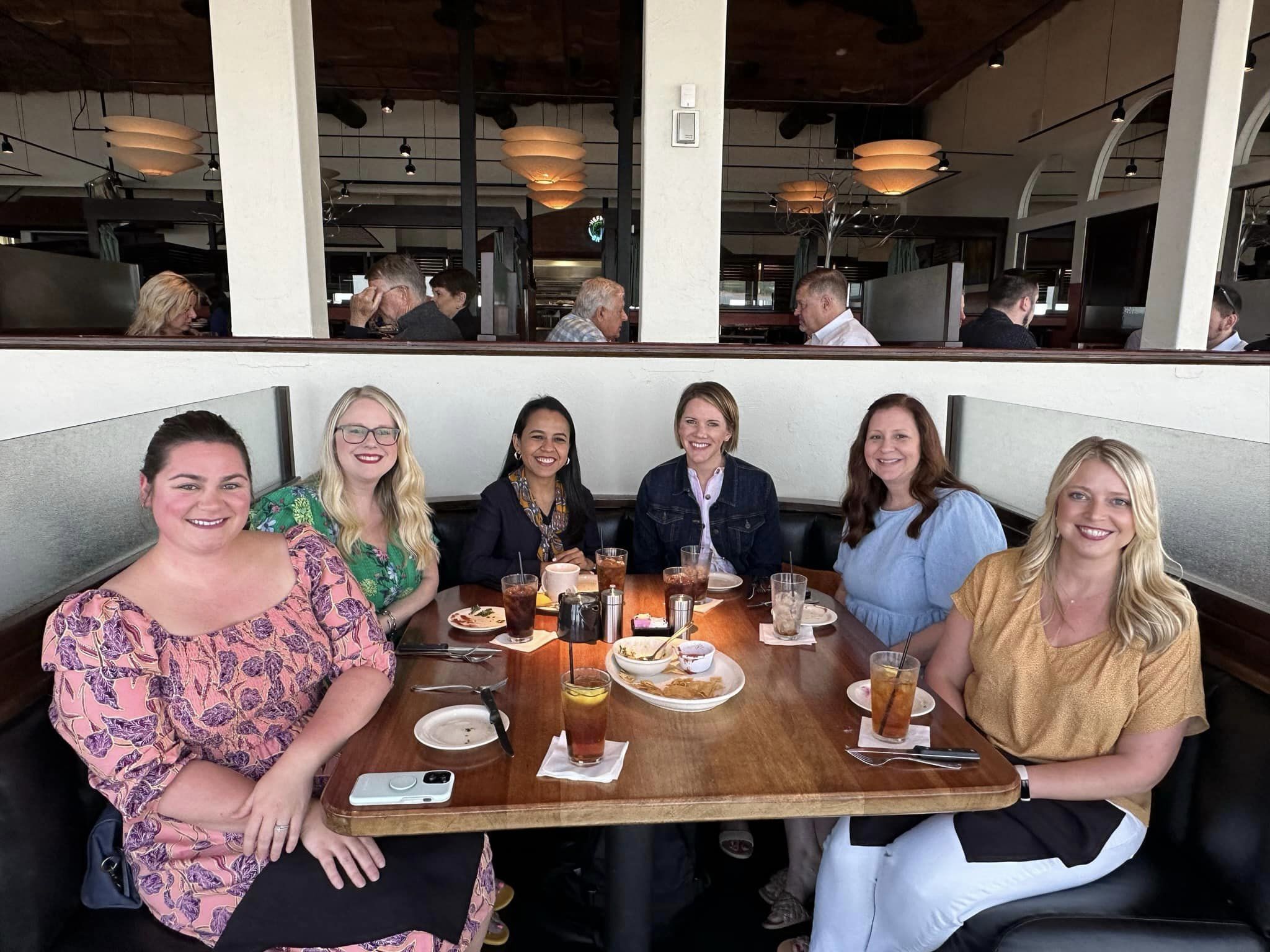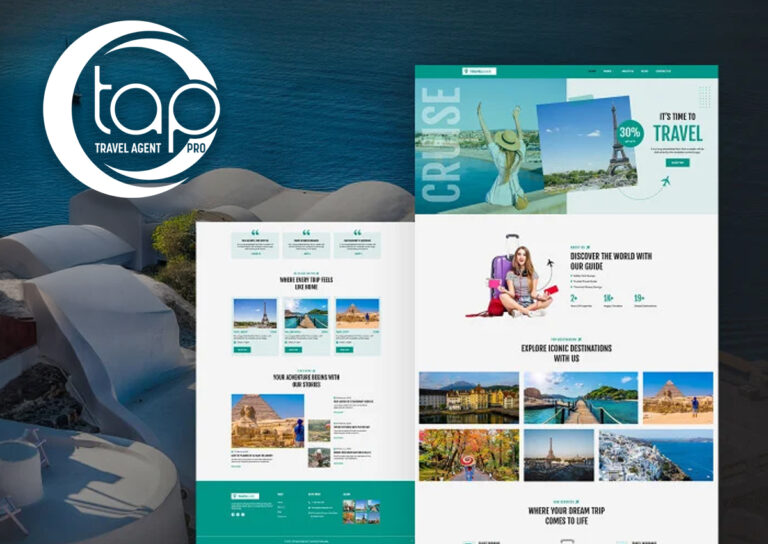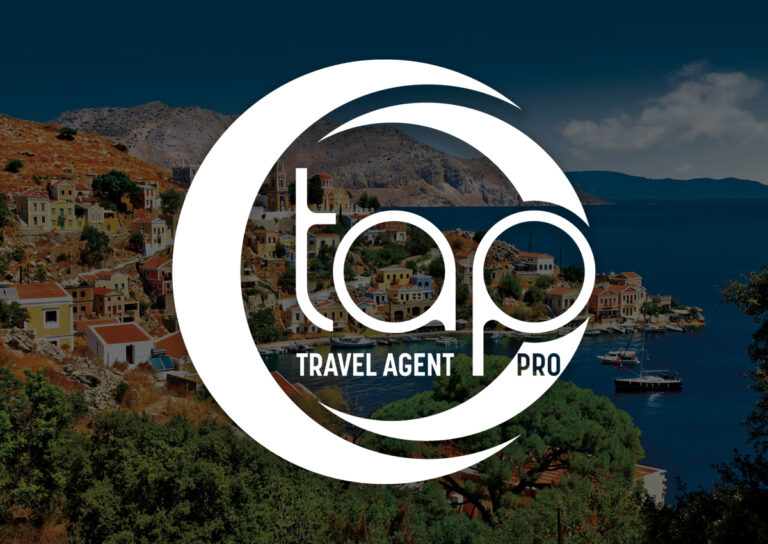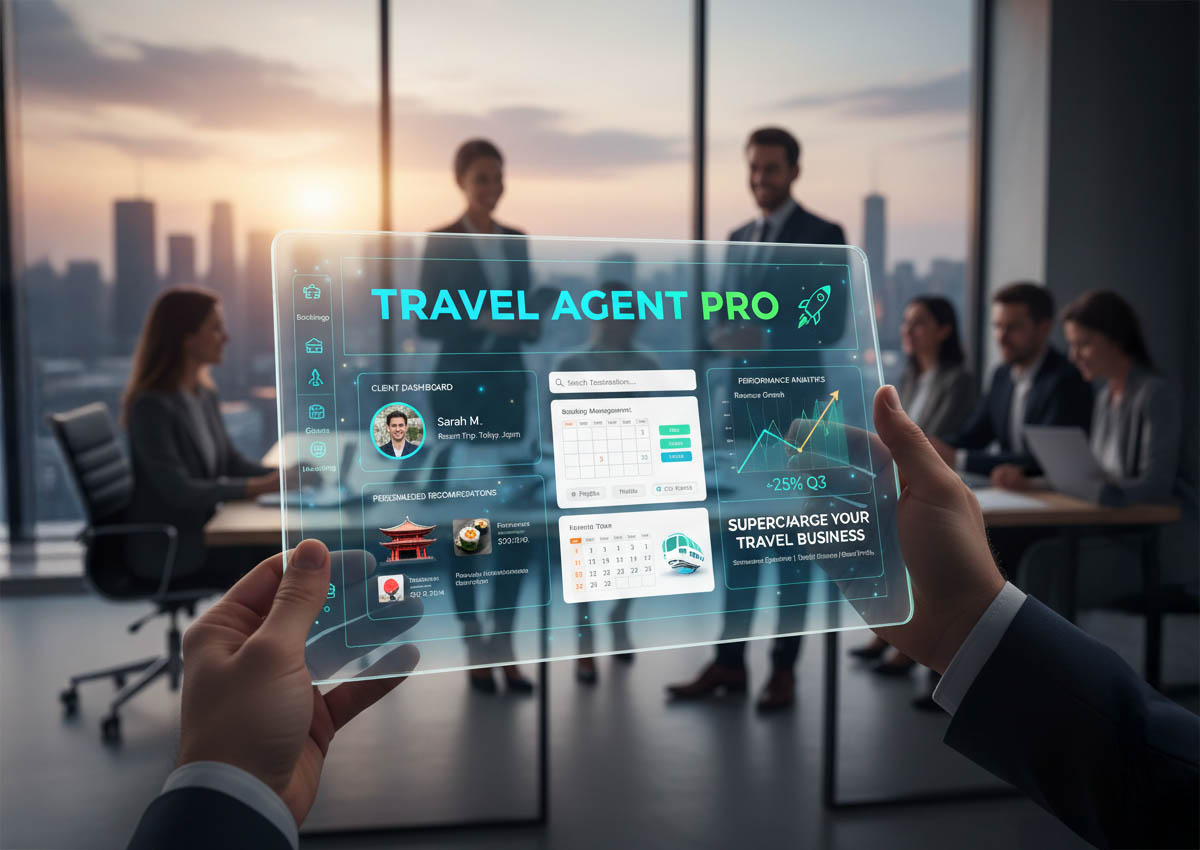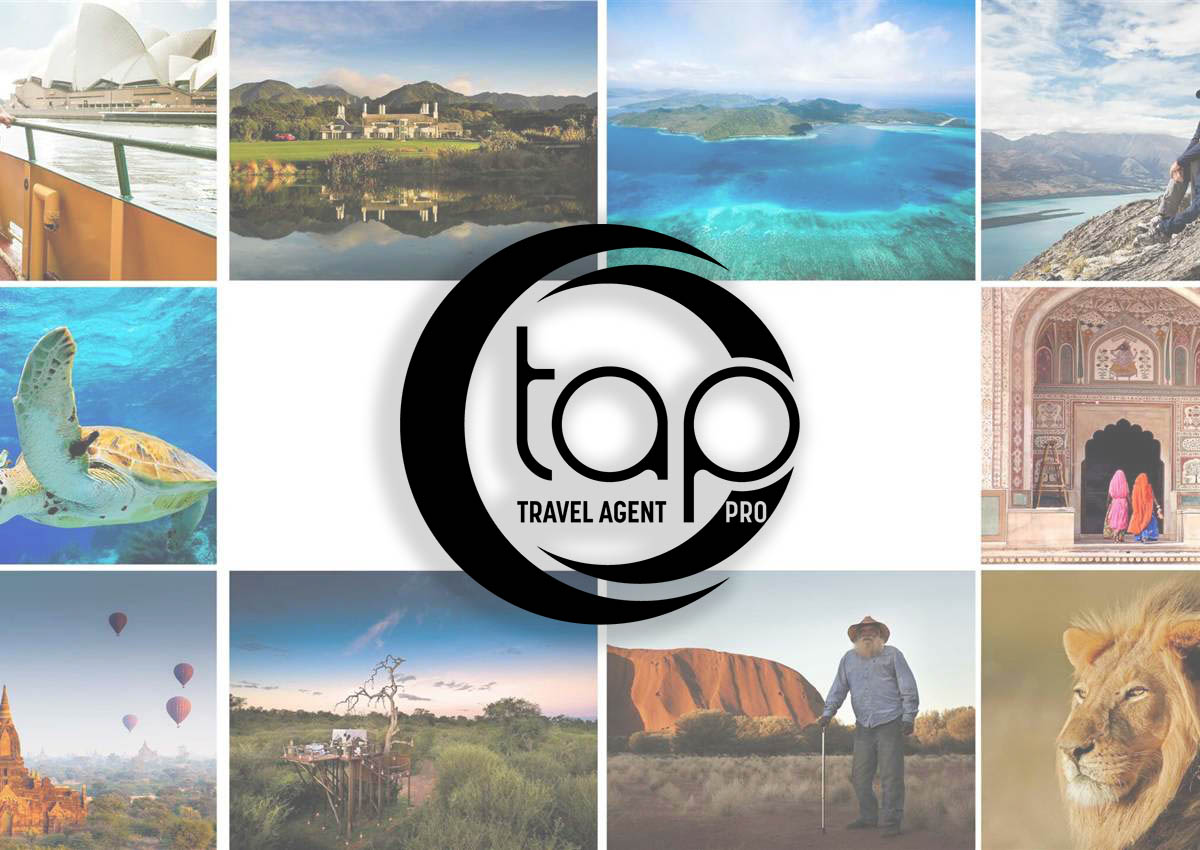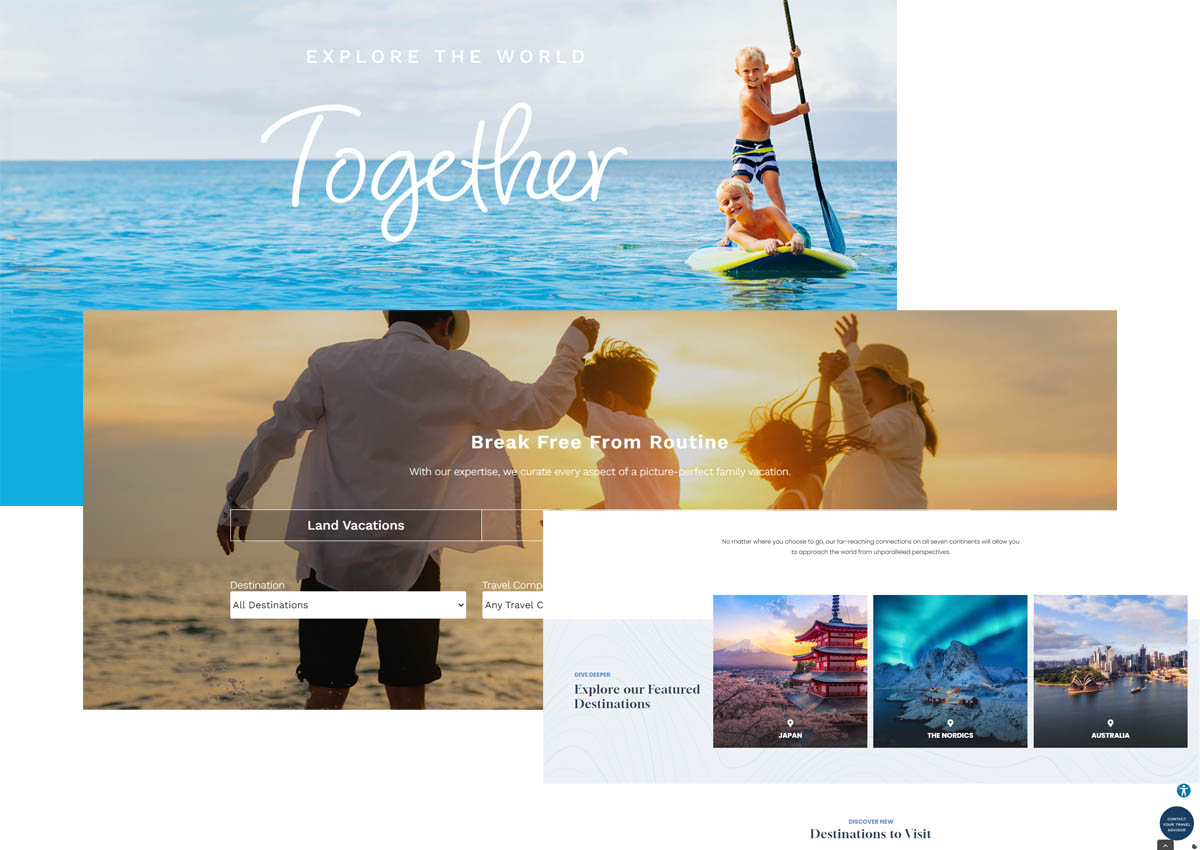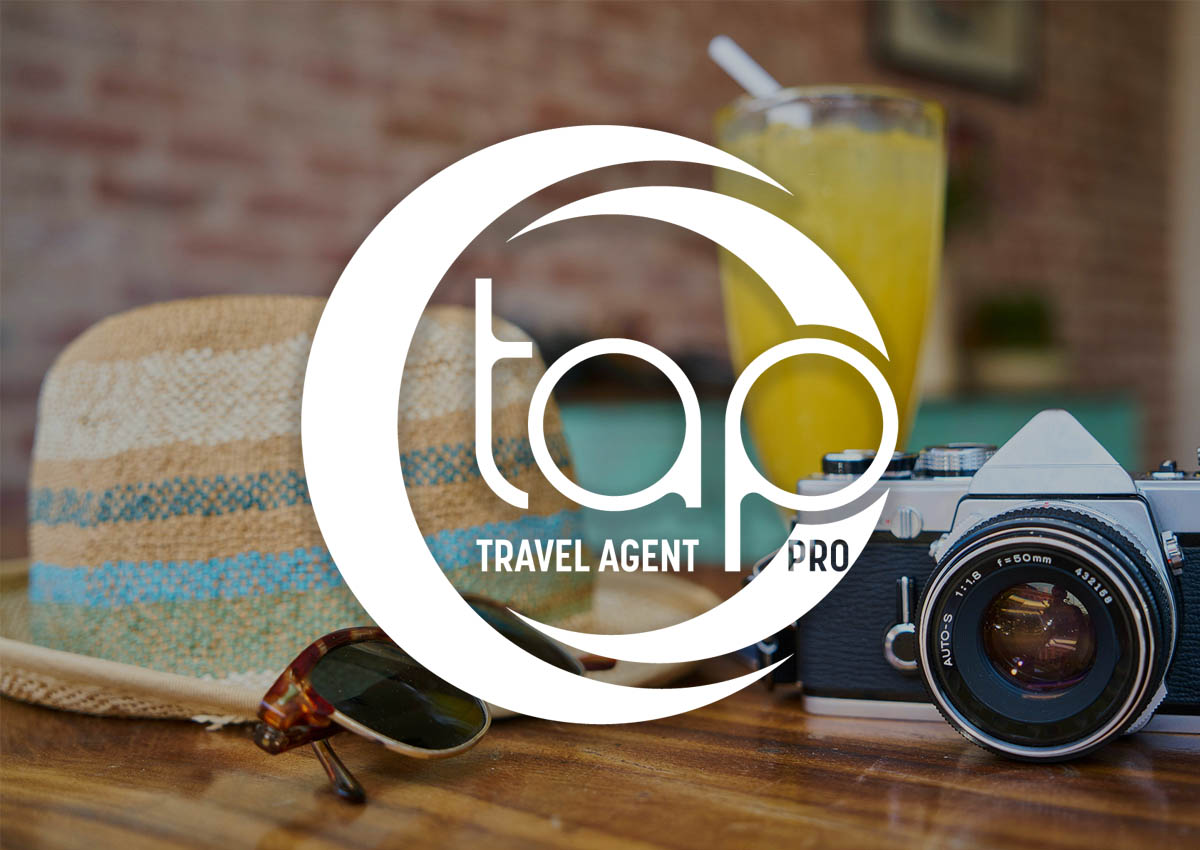The Pathfinder is a series of articles designed to support a travel entrepreneur's journey to success. Navigate your way through a variety of topics that are top of mind for travel business owners. These helpful tips will guide you whether you are just starting your journey or a pro fine tuning their business.
Embark on Your Journey: How to Become a Travel Agent
Learn how to become a travel agent, explore opportunities in travel agent jobs, including remote roles, and uncover the path to a rewarding career in travel.
Discover the Path to Becoming a Travel Agent
Begin Your Adventure in Travel
Are you passionate about travel and eager to guide others on their journeys? Becoming a travel agent offers a world of opportunities, from traditional travel agent jobs to remote travel agent roles. Dive into an exciting career where you can help others create unforgettable memories while fulfilling your love for exploration and adventure.
How to Become a Travel Agent
Embarking on a career as a travel agent is an adventure in itself. With comprehensive travel agent training, you can gain the skills and knowledge necessary to excel in this dynamic field. Learn about travel destinations, customer service, and the latest booking technologies to become a competent and confident travel professional.
Remote Travel Agent Jobs
The digital age has opened up a realm of remote travel agent jobs, allowing you to work from the comfort of your home. Discover how to become a travel agent from home, balancing flexibility and freedom with a fulfilling career in travel planning.
Travel Agent Certification
Elevate your professional standing with travel agent certification. Certifications can increase your credibility, provide access to industry resources, and distinguish you in a competitive job market.
Travel Agent Salary: What to Expect
Curious about how much does a travel agent make? Travel agent salaries vary based on experience, specialization, and location. Whether you're considering local travel agent jobs near you or remote positions, understanding the financial aspects of the role is crucial.
Disney Travel Agent Jobs
For those enchanted by the magic of Disney, becoming a Disney travel agent is a dream come true. Learn how to become a Disney travel agent, offering specialized vacations to Disney destinations around the world.
Work from Home Travel Agent
Embrace the flexibility of being a work from home travel agent. This career path offers the convenience of a home office while connecting clients with their dream destinations.
Become a Travel Agent for Free
Wondering how do you become a travel agent with minimal investment? Explore pathways to enter the industry for free, utilizing online resources and training opportunities that don't break the bank.
Launch Your Travel Agent Career Today
Ready to turn your passion for travel into a thriving career? With the right approach and training, you can become a travel agent and start crafting unforgettable journeys for clients. Explore travel agent remote jobs, dive into specialized roles like Disney travel agent jobs, and join a community of professionals who share your passion for travel and adventure. Start your journey today and shape a career that takes you places!

